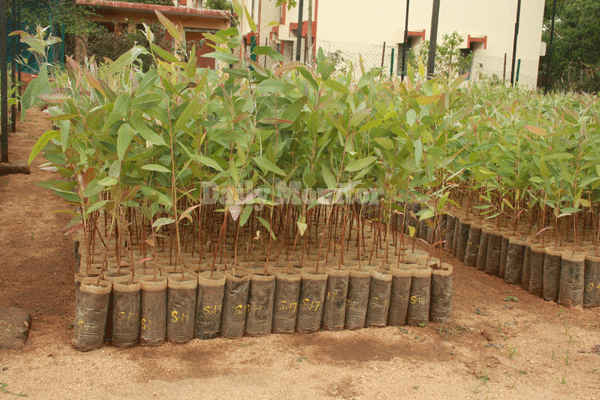Prime
Urbanisation will boost incomes of our farmers

Author: Mr Michael Ssali. PHOTO/FILE
There is a rapid rate of urbanisation in Uganda today with quite a number of what used to be municipalities now upgraded to city status.
Wherever you go in the country you will see clusters of commercial buildings where villagers go to do shopping and to engage in some social activities.
Every now and again somebody erects another commercial building while somebody else erects a posh bungalow to reside in.
Rural electrification continues to roll out and lots of such communities are beginning to live life almost similar to that in large towns.
Most of the training offered in the vocational schools and technical colleges is geared towards urbanisation apart from schools and universities turning out young people focused on finding employment in large towns as lawyers, clerks, engineers, auditors, doctors and other occupations.
The vocational schools mainly train carpenters, builders, tailors, motor vehicle mechanics, electrical installation, beauty salon and decoration operators, most of whom end up in jobs that actually promote urbanisation.
The ongoing rapid urbanisation must be looked upon as an emerging trend for boosting agriculture. Towns are big markets for food and the larger they become the bigger the food market becomes.
It will be the farmers to produce the food consumed in the growing urban centres and this trend creates opportunities and challenges for all those engaged in food production.
Some mafia groups are now grabbing large chunks of land from less privileged people in rural areas to set up farms.
Yet mainly due to land fragmentation many young people are not making sufficient profit from farming on their small plots and are selling them off to more successful farmers in the rural areas to begin new lives in towns. Others are seeking and gaining skills in doing commercial farming on small plots of land.
Increasingly farmers are going into specialisation and making every effort to widen their farms in order to produce more.
Urbanisation has come along with industrialisation and big wholesale food markets.
The farmers are therefore now challenged to ensure there is sufficient food to satisfy the rapidly growing urban consumers.
Mr Michael Ssali is a veteran journalist,
[email protected]



